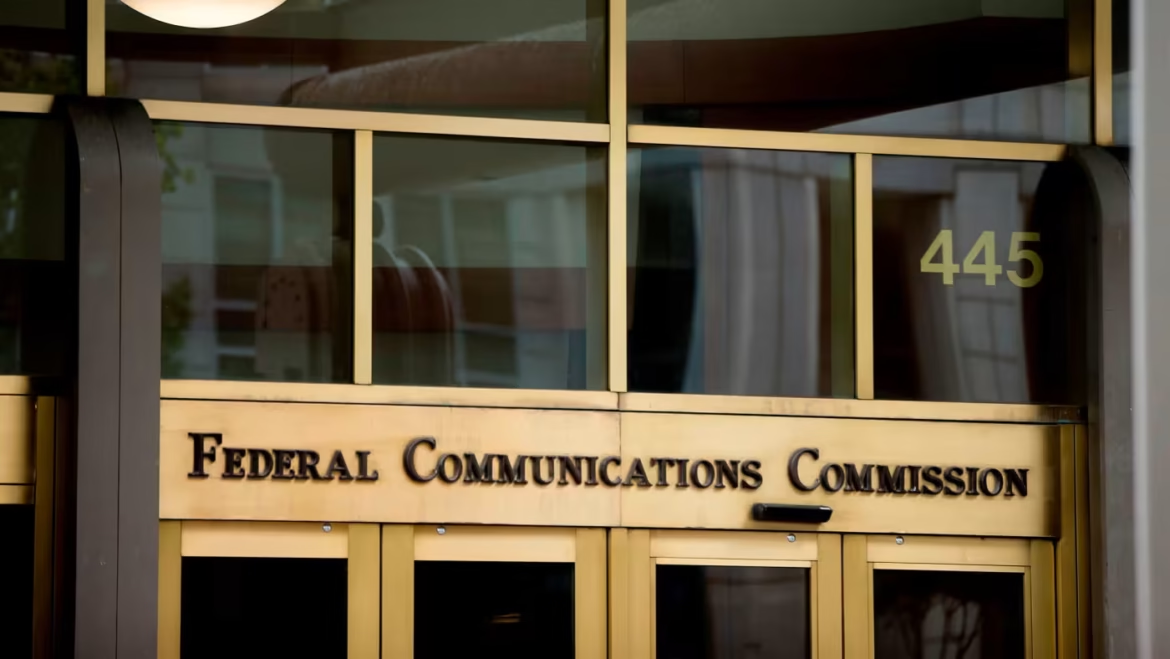The U.S. Federal Communications Commission (FCC) is moving to enact groundbreaking rules in August 2025 that would bar companies using Chinese technology or equipment from connecting undersea submarine cables to the United States. This rule targets companies such as Huawei, ZTE, China Telecom, and China Mobile, citing grave national security risks.
Why This Matters: Why Submarine Cables Are Critical
Submarine fiber‑optic cables carry 99% of global internet traffic, linking continents and serving as the backbone of global commerce, national security, and digital life.
Given their pivotal role, any vulnerability—be it espionage, sabotage, or cyber tampering—can cause cascading disruptions across financial systems, government operations, and personal communications.
Security Concerns Behind the Move
Over the past few years, alarming incidents have raised red flags:
- In 2023, Taiwan accused Chinese vessels of severing the only two cables servicing the Matsu Islands.
- In the Baltic Sea, cables were cut—possibly deliberate sabotage.
- Attacks in the Red Sea also disrupted links between Europe and Asia.
Combined with longstanding concerns about China’s ability to maintain or tap cable infrastructure—especially through repair vessels under state control—these incidents prompted U.S. regulators to act.
The FCC’s Proposal: What Will Change
- No future U.S.-landing submarine cables can contain equipment or services from firms considered a national security threat.
- Entities such as Huawei, ZTE, China Telecom, China Mobile (on the FCC’s threat list) will be disqualified from obtaining FCC licenses to operate or land cables in U.S. territory.
- The FCC is also exploring a streamlined licensing process for trusted Western companies (like Google, Microsoft, Meta, Amazon) that meet strict security criteria.
The vote is scheduled for August 7, 2025, and the rule is expected to apply to all new cable projects—both direct builds and leased subsea bandwidth.
Context: A Broader Strategy
This isn’t a standalone move—it aligns with broader U.S. strategy, including:
- The “America First Investment Policy” launched under the previous administration to shield critical infrastructure from foreign influence.
- The Clean Network initiative, which aims to eliminate high-risk suppliers (e.g., Huawei, ZTE) from telecom, cloud, and data infrastructure across allied nations.
Industry and Geopolitical Impacts
• Western Firms Get a Leg Up
Companies such as U.S.-based SubCom, Ciena, or HPE stand to gain, as trusted partners for constructing secure undersea links. SubCom, for instance, now works almost exclusively with U.S. government and tech giants.
• China Accelerates Alternative Infrastructure
Despite U.S. pressure, Chinese firms like HMN Tech (formerly a Huawei subsidiary) and FiberHome continue building undersea cable systems—primarily serving Asia-Pacific regions or friendly nations. China asserts it has full domestic capabilities in cable manufacture.
• Risks to Developing Countries
Smaller nations often rely on Chinese-built cables due to lower costs and political ties. The U.S. ban may delay these projects or force these countries to rely on Western alternatives, potentially affecting connectivity timelines and driving up costs.
• Increased Houthis, Russia-inspired Sabotage Risk
With rising global tensions, undersea cables are now seen as strategic targets. Analysts warn that deliberate attacks—like those in the Red Sea or Baltic—could become more common.
Expert Voices & Reactions
- FCC Chair Brendan Carr emphasized: “We have seen submarine cable infrastructure threatened … by foreign adversaries, like China. … We are therefore taking action here to guard our submarine cables against foreign adversary ownership, and access as well as cyber and physical threats.”
- Security experts like Craig Singleton called the rule “a clear step toward digital decoupling where it matters most—beneath the surface,” pointing out that critical infrastructure is increasingly a national-security battlefield.
Potential Challenges & Criticisms
- China calls the rule politicized, arguing it undercuts global market rules and denies countries the right to develop their own telecom industries.
- Critics warn of fragmentation in the global internet—creating parallel cable ecosystems aligned with Chinese or Western systems.
- Infrastructure experts caution about supply chain strain, as shifting large-scale cable projects away from established Chinese suppliers could spark bottlenecks or delays.
What Lies Ahead
- The FCC vote on August 7, 2025 will determine the rule’s final shape.
- Expect feedback from allies (like the EU and India) as the FCC seeks public comment on additional protective measures.
- Allied countries may follow suit with their own national security rules governing foreign participation in undersea cable projects.
Why This Matters to You
- Businesses & Cloud Providers: Any global infrastructure involving new cable routes may need to partner with compliant providers.
- Cybersecurity Professionals: The rule reflects a shift toward viewing physical infrastructure through the lens of cyber‑physical risk.
- Policy & Tech Strategists: This move marks the frontlines of a new digital Cold War—where geography under the sea determines influence above it.
Summary Snapshot
| Topic | Key Points |
|---|---|
| What’s happening | FCC plans to ban Chinese‐equipment in undersea cables landing in the U.S., vote on Aug 7, 2025. |
| Why it’s happening | National security risks: espionage, sabotage, control of global data flows. |
| Who’s targeted? | Chinese firms deemed threats by FCC: Huawei, ZTE, China Telecom, China Mobile. |
| Impact of action | Western cable firms rise, China pushes domestic alternatives, developing nations face trade‑off. |
| Broader strategy | Part of “America First” and Clean Network pushes toward clean infrastructure. |
| Controversies | Accusations of market manipulation, risk of global Internet fragmentation. |
Final Thoughts
This proposed FCC rule is more than telecom policy—it marks an intense escalation in strategic competition over digital infrastructure. As undersea cables become central to both national security and global commerce, who controls them increasingly dictates geopolitical power.
If you’d like to dive deeper into the economics of cable vendors, the technical risk scenarios, or how allied nations are responding, I’d be glad to help!

